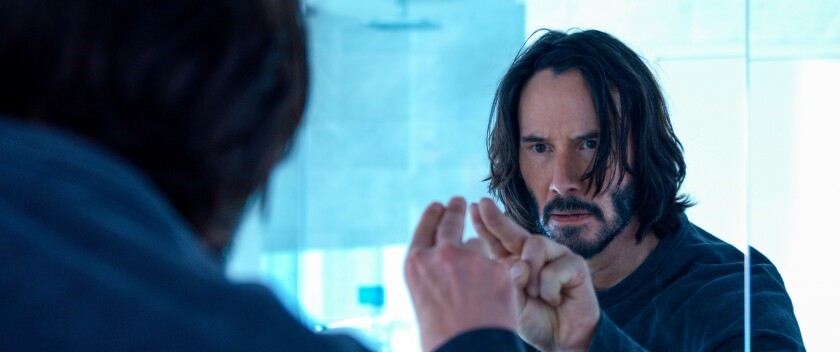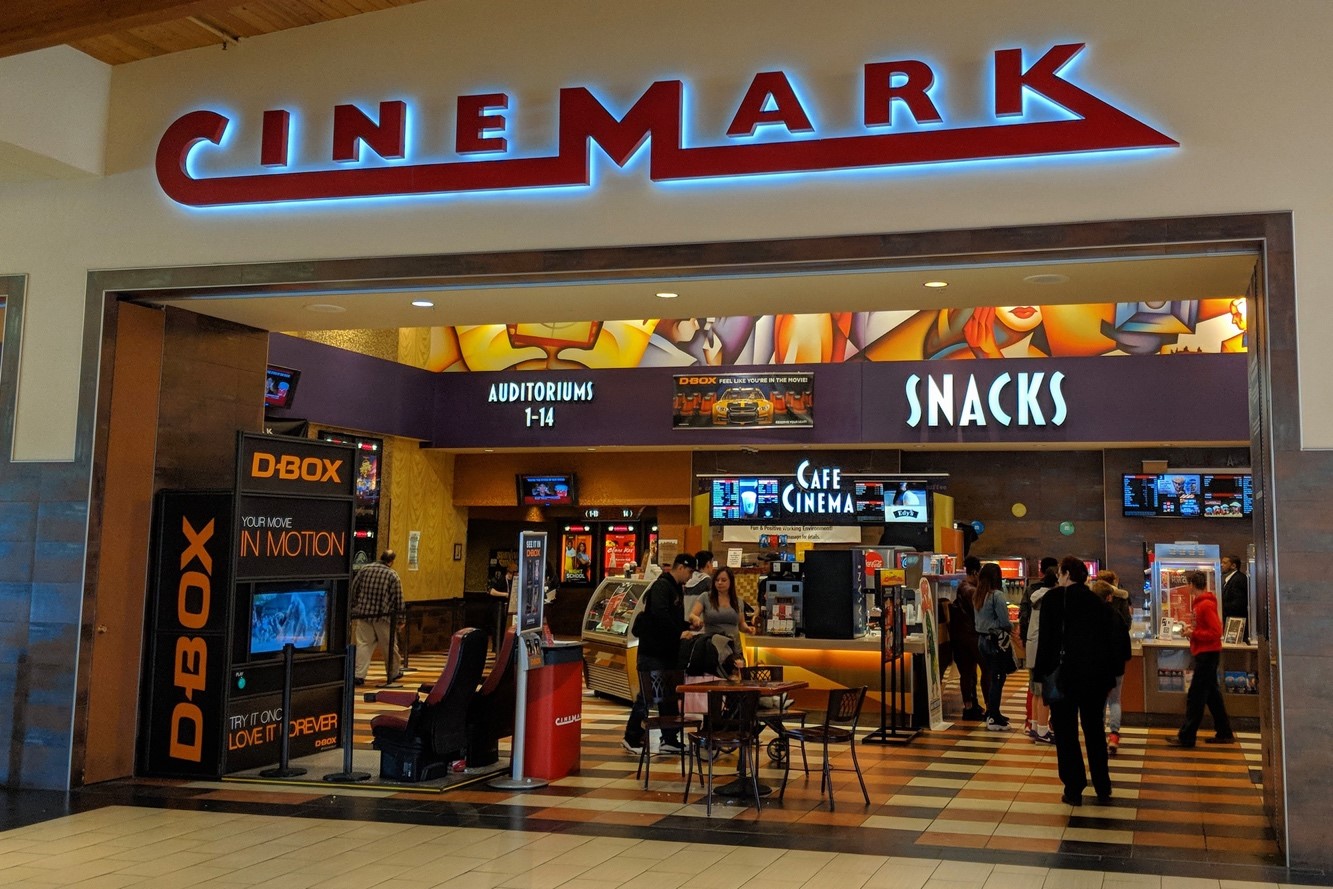The terms are shifting in the relationship between partner studios in co-financing new releases, evidenced by the lawsuit that Village Roadshow filed earlier this month against Warner Bros. Village Roadshow alleges that Warner Bros. violated its agreement when it chose to release THE MATRIX RESURRECTIONS day & date in theatres and on HBO Max. While the simultaneous release helped boost new subscriptions to HBO Max, it also undercuts the theatrical revenues, which limited Village Roadshow’s upside on the project.
Agreements between financing companies such as Village Roadshow and studios such as Warner Bros. have been common practice in the industry for many years. By providing financial support to a studio for a new project, the studio is protected from major losses and the financing company is able to get a slice of the profits when a film performs.
In fact, since 1991 Village Roadshow has lent $4.5B to Warner Bros. to develop major franchises such as THE MATRIX. However, now that most major studios have their streaming platform, the appeal of releasing their titles on their in-house platform is compelling.
The move to streaming has impacted compensation for stars and production companies, resulting in conflicts such as the Village Roadshow lawsuit against Warner Bros. In the end, the parties will likely come to a settlement, similar to the outcome for the high-profile lawsuit that Scarlett Johansson filed against Disney over its decision to release BLACK WIDOW last summer to theatres and Disney+ simultaneously.











